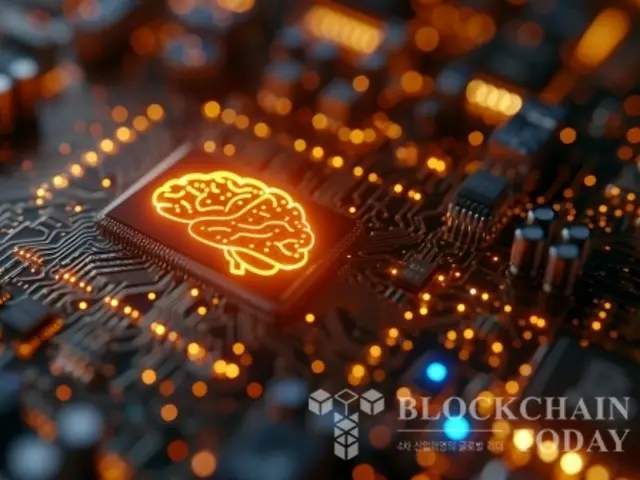According to The Block, at the The Block Emerging Market held in Prague, Czech Republic on the 6th,
Dragonfly general partner Rob Haddick spoke at the Emergence conference.
Hadick and CoinFund Managing Director David Pakma pointed out the dangers of AI and cryptocurrency cross-projects.
Crypto assets have a problem where people take something that already works very well off-chain, make it even worse off-chain, bring it on-chain, and sell it to people who are already on-chain.
"We're seeing this across every asset class and every story," Haddick said. "A lot of what's happening at the intersection of AI and cryptocurrency is fundamentally about what's going on."
"AI is a huge software and technology revolution, and we're building a lot of software on Web3, and we're really looking at it in a big way," Pakma said.
"We need to leverage AI to benefit a range of decentralized applications, including infrastructure, security and how user applications work."
However, both VCs are focused on a small number of large, centralized AI players, such as OpenAI, Anthropic, Microsoft, Meta and Facebook.
He said it is unlikely that decentralized AI systems will surpass these centralized players this cycle.
“At Dragonfly, we like to see product-market fit,” Hardik said. “We can run our models on-chain or we can run them on-chain.”
We were very skeptical of the idea that a market would develop around machine learning (ML) and the like. We only made a few investments, one of which was Epzico Computing.
"By using local models in this respect, we are moving in a direction that is suitable for certain delay-insensitive tasks."
Pakman said decentralized projects are moving away from centralized play during this cycle.
While he agreed that defeating Yer would be difficult, he praised developers for trying to create alternative systems. If we want a highly centralized AI future,
But what if we wanted an alternative that decentralizes and democratizes access to the computing resources needed for training?
"We need to make the case that Web3 provides a great way to decentralize access to technology stacks and hardware," he added.
Other VCs who participated in Emergence are looking to invest in AI agents, or AI programs designed to perform complex tasks without constant human intervention.
While he expressed optimism about the system, Hardik is particularly skeptical of agent-based projects.
He attributes this agent overheating to the craze for crypto gaming projects in 2021.
"We made one investment in terms of agents, which is probably a winner-take-most or winner-take-all strategy," Hardik said.
"It's a non-take-all market," he said, "and tens or even hundreds of millions of dollars from crypto venture capital will go into this space. But almost everyone is a big
"I think we're going to lose money," he said. Pakman offered a slightly different perspective, explaining how an agent-based future could spark synergies between AI and crypto assets.
"One of the things crypto is really good at is pointing the way to the next step rather than just celebrating what's actually working right now," he said.
He added, "We have finally succeeded in using cryptocurrencies for payments and remittances. So, we are really playing a key role today at the intersection of AI and cryptocurrencies.
What stands is that if an agent-based future comes to fruition, then agents will have to interact with money.
They make payments on your behalf or on your behalf to use them.
"We need to make sure that we're doing everything we can to make sure that we're doing the right thing. Crypto assets are an ideal foundation for agent-to-agent or human-to-agent payments," he explains.
2024/12/09 15:47 KST
Copyright(C) BlockchainToday wowkorea.jp 117

